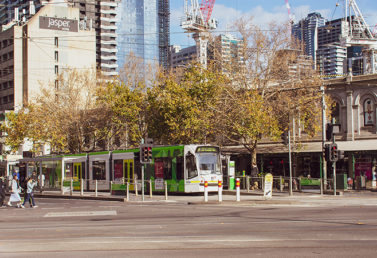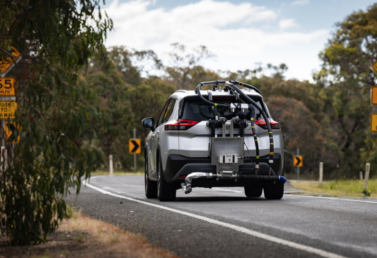Australia’s peak motoring body has called on the Australian Government to fund an inquiry into […]
Australia’s peak motoring body has called on the Australian Government to fund an inquiry into Australia’s rapidly growing road toll as new figures show almost no progress has been made in reducing deaths since the National Road Safety Strategy was agreed by all Australian governments in 2011.
The Australian Automobile Association (AAA) today released its Benchmarking the performance of the National Road Safety Strategy report, which tracks progress against the strategy’s target of reducing road deaths by at least 30 per cent by 2020. The new report finds no real progress has been made since the strategy was agreed more than five years ago due to 2016’s 7.9% increase in road deaths, which saw 1300 Australians killed.
AAA Chief Executive Michael Bradley said: “At a time when new vehicles and roads have never been safer, we need to understand why 40 years of improvement is being so dramatically reversed. More than one thousand Australian families lost a loved one on our roads last year, while a further 30,000 are now dealing with the consequences of a life changing serious injury. The human cost is immense, however road trauma is also costing our economy around $34 billion every year.
“This level of death, injury, and cost should not be accepted on our roads and it’s time the Australian Government sought to clarify why our national road safety strategy has stalled, so that efforts to reduce road trauma can be re-focussed.”
As part of its pre-budget submission provided to the Federal Treasury, the AAA also calls for the following safety related funding:

The latest AAA Transport Affordability Index reveals transport cost rises exceeded the consumer price index not only in the September 2023 quarter but also over the 12 months to the end of September.
read more
Initial results of Australia’s first program to test vehicle real-world performance show the cars tested use up to 13% more fuel on the road than they did in lab tests reported by manufacturers.
read more
The quarterly update of the AAA’s EV Index shows the Australian new vehicle market continuing to change.
read more